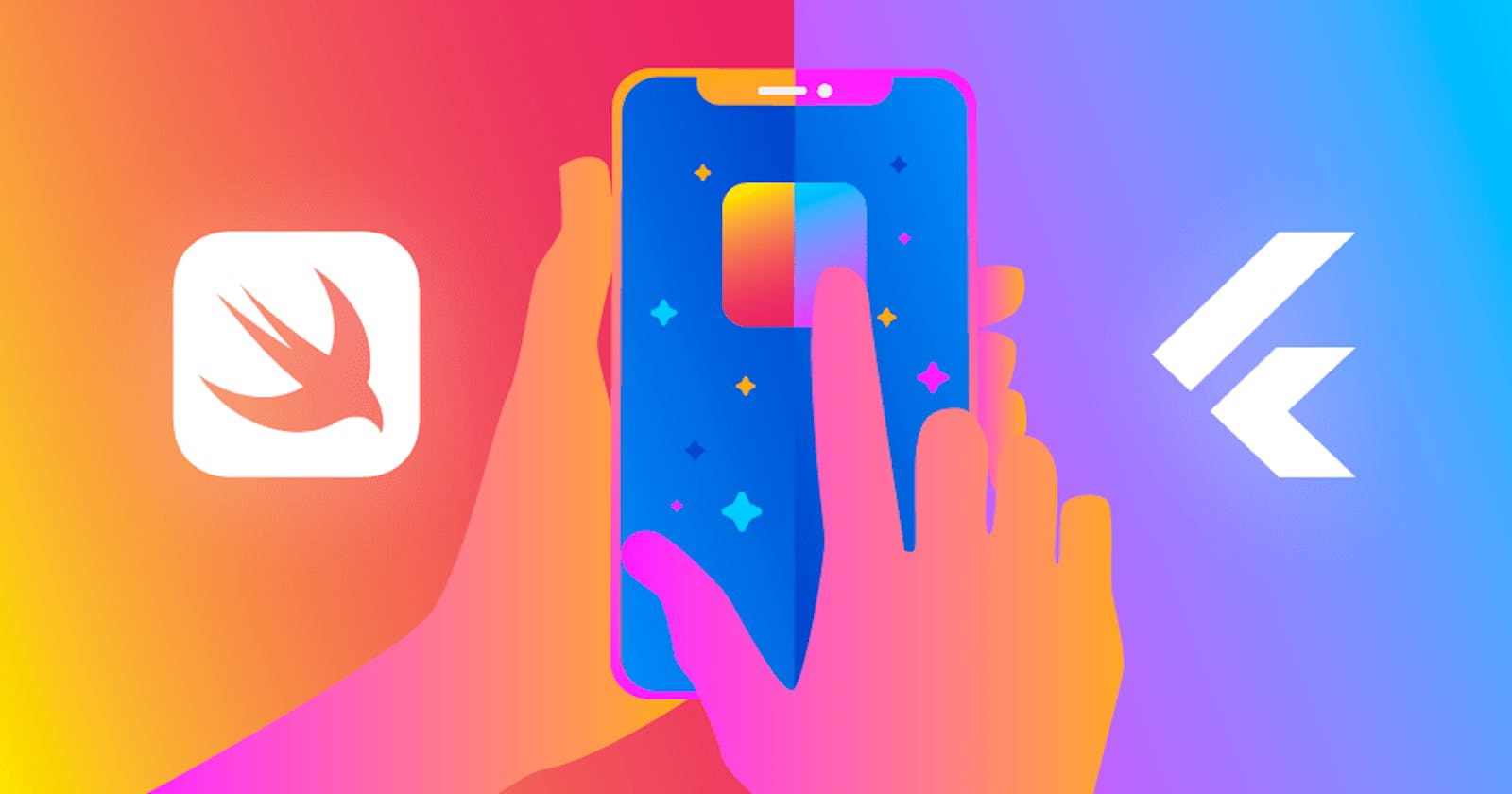Swift and Flutter are two popular programming languages and frameworks for building mobile applications. Here is a technical comparison between the two:
Programming Language: Swift is a compiled programming language developed by Apple Inc. for their platforms and Linux. It is a statically typed language, which means that the type of a value must be known at compile-time. Flutter, on the other hand, is an open-source mobile application development framework created by Google. It uses the Dart programming language, which is an object-oriented language with a C-style syntax.
Architecture: Swift follows a traditional architecture, where the app is compiled into native machine code and runs directly on the device's hardware. Flutter, on the other hand, uses a hybrid architecture, where the app is compiled into native machine code but runs inside a thin layer called a "flutter engine" that provides access to the device's native components.
User Interface: Both Swift and Flutter provide their own set of tools for building user interfaces. Swift uses the native UIKit framework to build iOS apps and the AppKit framework to build macOS apps. Flutter provides a rich set of customizable widgets and tools for building beautiful and responsive user interfaces for both iOS and Android.
Performance: Both Swift and Flutter offer good performance for mobile app development. Swift apps are compiled into native machine code and run directly on the device's hardware, which makes them generally faster and more efficient. Flutter's hybrid architecture allows it to provide similar performance to native apps, and its Hot Reload feature allows developers to make changes to the code and see the results in real-time, which can greatly improve the development process.
Community and Support: Both Swift and Flutter have large and active communities, with many developers and companies using and contributing to the frameworks. Swift has been around for longer and has more established support from Apple and the community, while Flutter is a newer framework with a growing community.
In summary, both Swift and Flutter are powerful tools for building mobile applications, and the choice between the two depends on the specific needs and preferences of the developer and the project. Swift may be a better choice for developers who want to build native apps for Apple's platforms, while Flutter may be a better choice for developers who want to build cross-platform apps for both iOS and Android.
Well, that's a wrap! That's it for this blog post. I hope you found this high level comparison of swift & flutter. If you have any questions or comments, please leave a reply or contact me on Twitter. Thank you!
